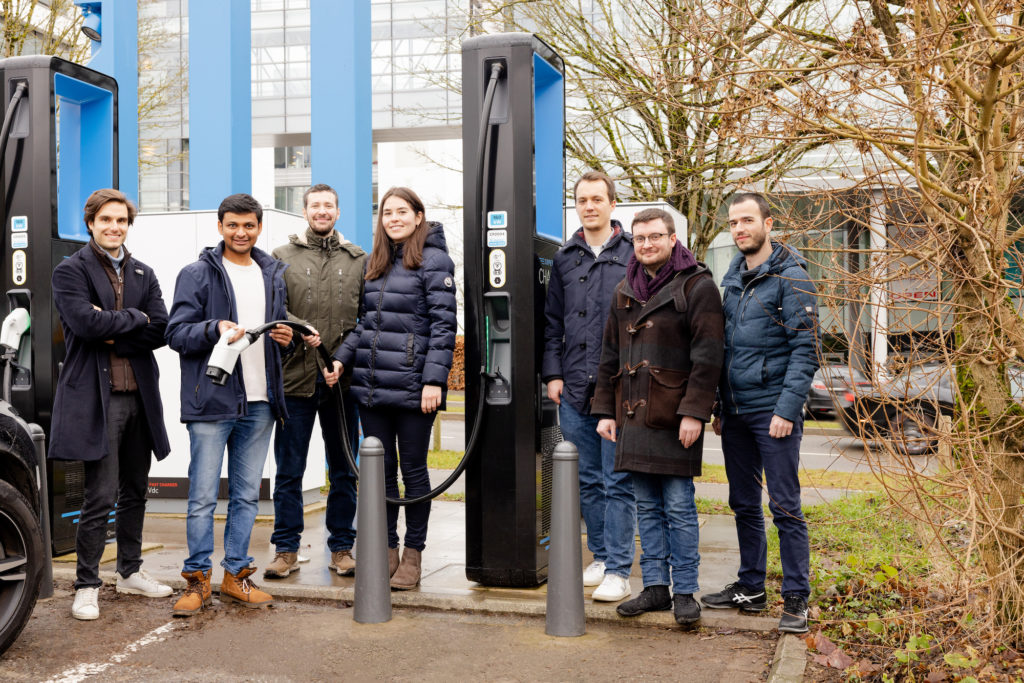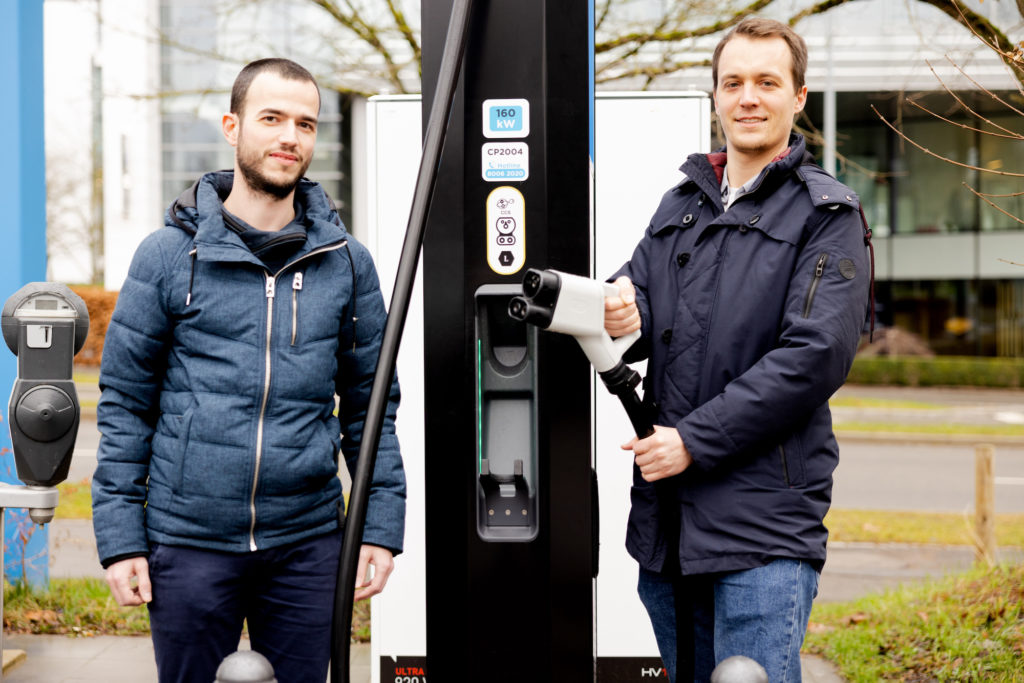Energy prices have historically been volatile, as supply is limited and influenced by a number of factors. EU consumers have recently seen them increase exponentially, too, as supply tries to cope with a variety of interconnected problems. According to Eurostat, consumer prices for electricity, gas and other fuels increased by 25% in the Euro area between December 2020 and December 2021.
![]()
In parallel, as the European Parliament targets to reduce Co2 from vehicle emissions by a huge 55% by 2030, many EU countries are offering incentives upon purchase of electric vehicles (EV), and many public transport lines across the Union are also incorporating electric buses. With electric vehicles adding up to the demand for electricity, optimising their consumption becomes a necessity. The main problem in this regard is timing. EV owners tend to charge their vehicles in the evening, creating expensive peaks of demand. Even worse, these peaks force energy providers to recourse to fossil fuels, partially offsetting the environmental benefits of EVs. But what if we could optimise EV demand to avoid the peaks?
“Investment in additional electricity infrastructure is a necessary approach, but it’s not the only way to tackle the problem.”
Michael Schoepf, SnT Tweet

A team of researchers at SnT are working on a solution to address these problems. The project, entitled “INDUCTIVE”, is a joint initiative of the Security Design and Validation (SerVal) and Digital Financial Services and Cross-Organisation Digital Transformations (FINATRAX) research groups in collaboration with Fondation Enovos, under the aegis of Fondation de Luxembourg. INDUCTIVE aims to help coordinate available power supply with demand. By inputting their available timeframes in an app, EV owners would be matched with the available supply of energy. In an example scenario, if an EV owner arrives home from work at 19:00 and leaves at 07:00 the next morning, the app will schedule the best timeframe to charge their vehicle during the night based on the price of energy. What’s more, EV owners would receive monetary incentives and even be rewarded for the flexibility they take on.
The sale of electric vehicles keeps growing year over year in Europe – it's expected that by 2030 there will be around 145 million on our roads
Various SnT experts are involved in the project, including Stefanos Stavropoulos, Dr. Matthieu Jimenez, Dr. Michael Schoepf, Hanna Marxen, Raviteja Chemudupaty, supervised by Dr. Maxime Cordy, Prof. Yves Le Traon, and Prof. Gilbert Fridgen. Speaking about the project at SnT’s flagship Partnership Day event in 2021, Dr. Michael Schoepf said, “Investment in additional electricity infrastructure is a necessary approach, but it’s not the only way to tackle the problem, and it would lead to an increase in the system costs back onto the customer. This is where we come with the INDUCTIVE project; we optimally combine electricity and information to use flexibility.”

This partnership between SnT, Fondation Enovos and Fondation de Luxembourg will help in finding a solution to the peak hour inefficiency. The team has created a preliminary survey to study the needs of EV owners and their habits, to apply theory to real-life data. As the sale of electric vehicles keeps growing year over year in Europe – it’s expected that by 2030 there will be around 145 million on our roads – we need to keep the transition sustainable to avoid exponential increases in energy costs. Smart charging, such as the one envisioned in the framework of INDUCTIVE, allows EV owners to become the real actors of an efficient net–zero future.